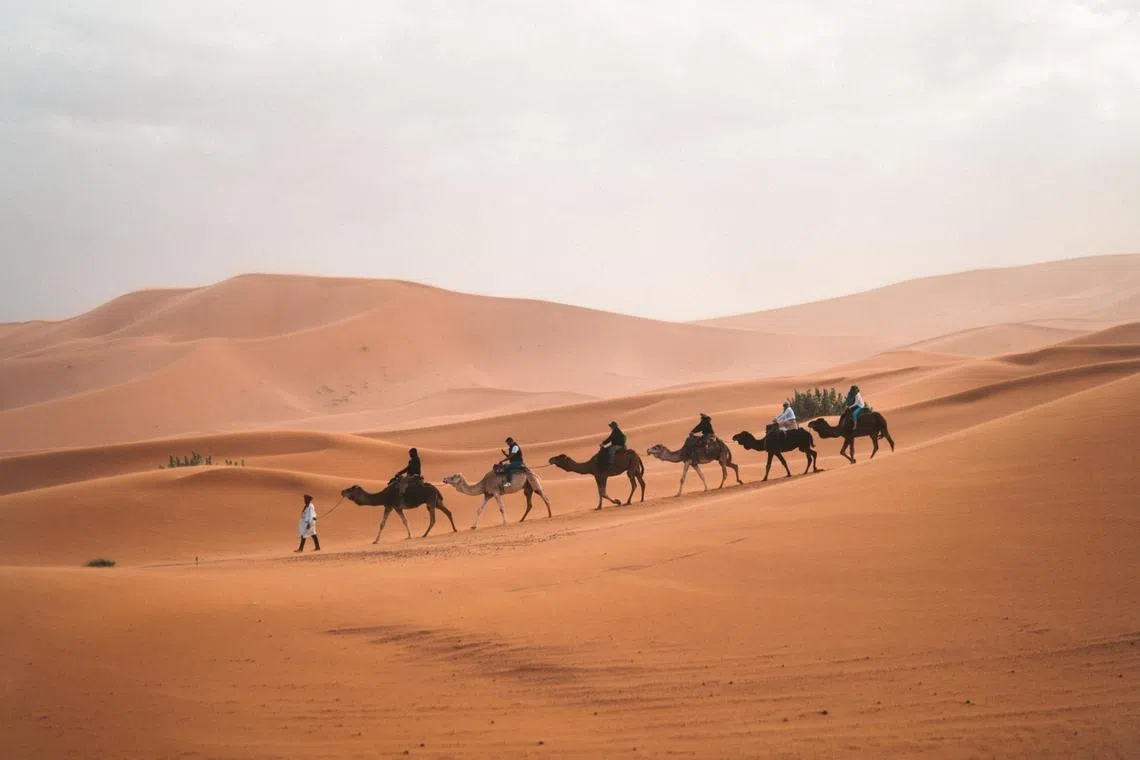For subscribers
South-east Asia’s role in a future of civilisational states
China and India are using their past as centres of civilisation to expand their influence. South-east Asia’s history confers on it different attributes to shape international relations.
Sign up now: Get ST's newsletters delivered to your inbox

China’s Belt and Road Initiative extended the Silk Road concept beyond trade to include the Health Silk Road and Digital Silk Road.
PHOTO: PEXELS
Tim Winter
Follow topic:
Civilisation has once again become a key term of international affairs. China, India and Turkey are among those that have invoked the idea of the civilisational state to proclaim they hold the values required for 21st-century internationalism, and its leadership.
The United States-China rivalry and the expansion of the Brics (Brazil, Russia, India, China and South Africa) grouping also speak of an emerging East-West divide, one that is, in large part, cast in civilisational terms. Civilisation is now becoming a key marker of difference at a time of increasing geoeconomic competition and political tension.

